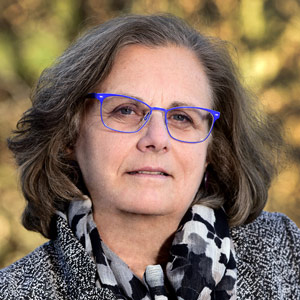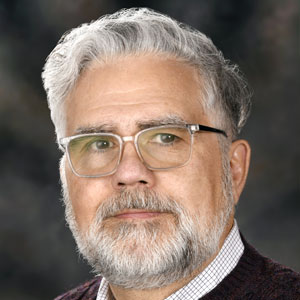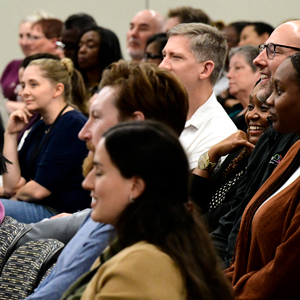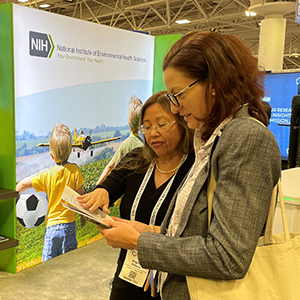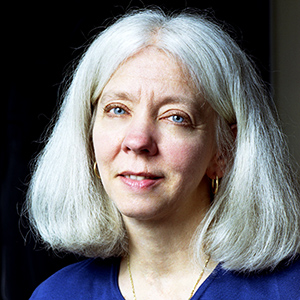The 2024 Fall Worker Training Program (WTP) Award Recipient Meeting and Workshop brought together its award recipients Oct. 22-24 to discuss how to address hazards in emerging and rapidly evolving industries. An example is the danger of silica dust to workers in the growing engineered stone finishing business. Challenges from exposures such as this one are not yet fully understood and warrant further attention.
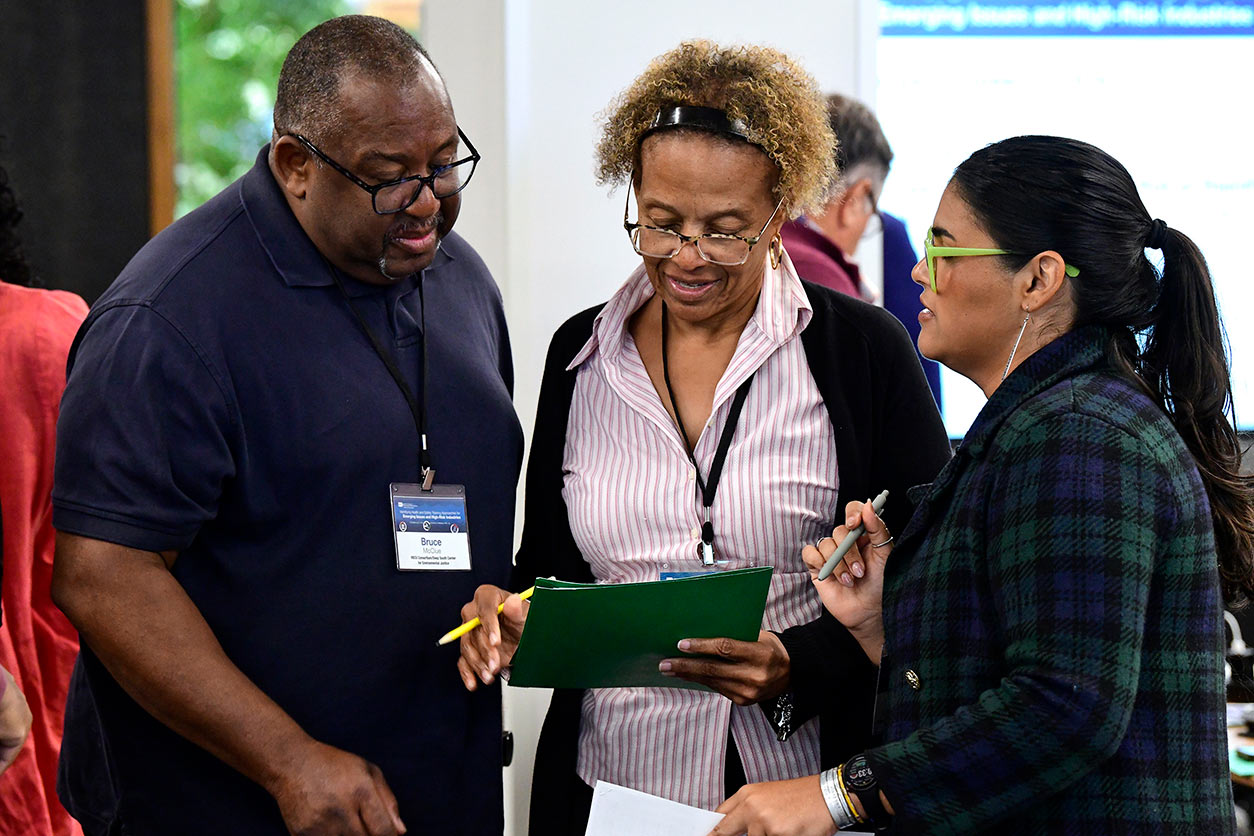
Bob Harrison, M.D., of the University of California, San Francisco, spoke about the increase in cases of silicosis among workers cutting engineered stone for products like countertops. Silicosis is a lung disease caused by breathing in fine silica sand, and it can be terminal if not caught in time. Many sufferers require lung transplants to recover.
“Engineered stone is a $25 billion industry worldwide,” Harrison explained. “The issue is, it’s made of 95% silica. In every place it has gone onto the market, there has been an epidemic of silicosis.”
Harrison explained that protective training, equipment, and cutting techniques are crucial to shielding workers from silicosis, but many employers offer insufficient protections. He expressed hope Occupational Safety and Health Administration (OSHA) and state regulations can be updated to address these hazards. Another dynamic making this industry hazardous is the prevalence of workers without health and safety training who do the stonecutting — many of whom have no insurance, no access to workers’ compensation, and may fear reporting their illness due to potential workplace retaliation.
Not hard to reach, but hardly reached
Workshop participants highlighted and shared their strategies to provide hardly reached workers with health and safety training opportunities. These workers may be day laborers, those who lack proper training, or formerly incarcerated individuals.
One topic was adapting training for non-English speakers. Kevin Riley, Ph.D., from the Western Region Universities Consortium, presented heat safety training materials that his organization created for Indigenous language speakers. Arturo Archila from The Labor Institute, a longtime partner of the Steelworkers Charitable and Educational Organization, highlighted his organization’s efforts to incorporate imagery in their materials to communicate without language.
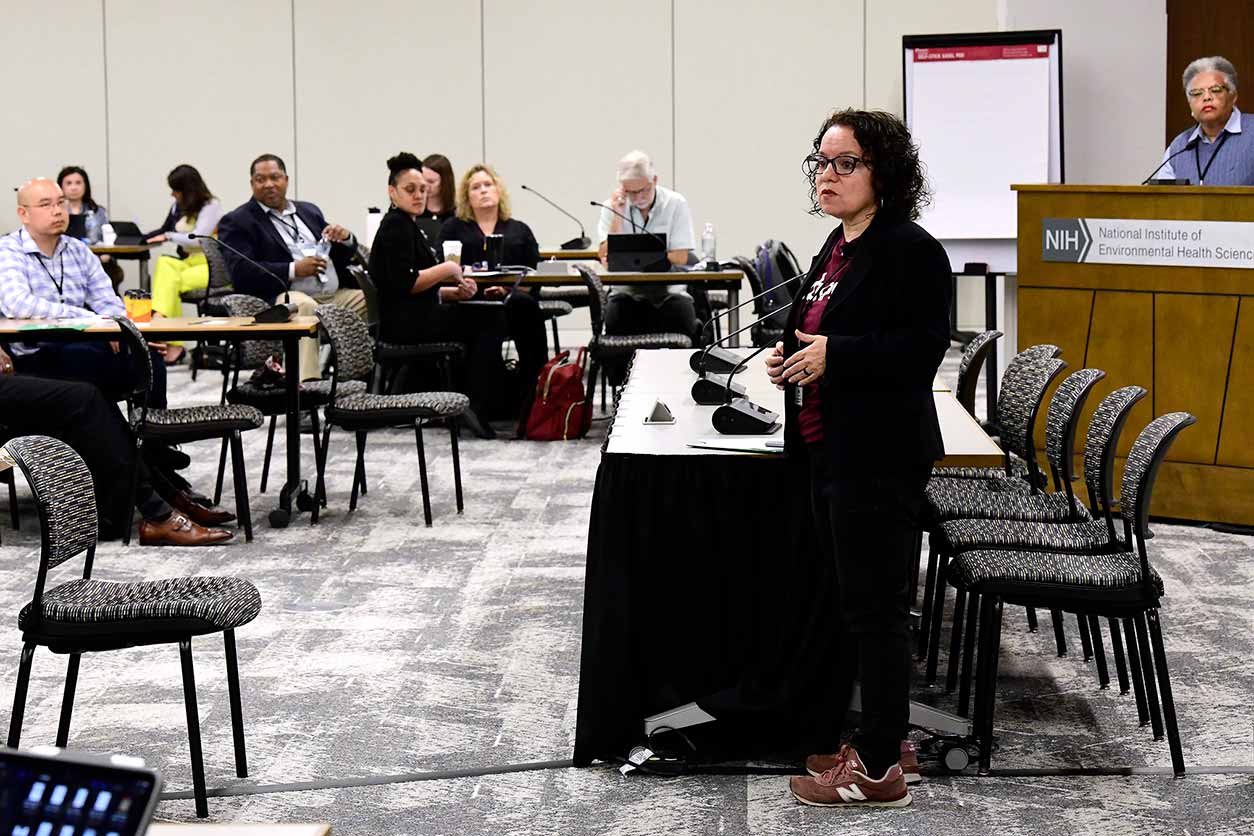
Workshop participants also discussed ways to protect hardly reached populations at higher risk of labor exploitation. Nadia Marin-Molina, J.D., of the National Day Laborer Organizing Network (NDLON), spoke about ensuring justice and safety for those overlooked in the workforce, such as temporary workers, untrained workers, and day laborers. She described NDLON’s Deferred Action for Labor Enforcement (DALE) campaign, which advocates to ensure employers provide a workplace free of recognized hazards that could cause death or serious physical harm to employees, as required by the OSHA General Duty Clause. DALE outlines how workers can report and collaborate with government investigations on health and safety violations, wage theft, and more, while still protecting themselves.
Additionally, WTP award recipient Sustainable Workplace Alliance (SWA) shared their job training efforts for incarcerated and formerly incarcerated people. Executive Director David Casavant spoke about SWA’s soon-to-be-released environmental justice training course for incarcerated people. He noted challenges, such as stigma, but also highlighted the benefits of helping this hardly reached group reintegrate.
Forging partnerships, forging ahead
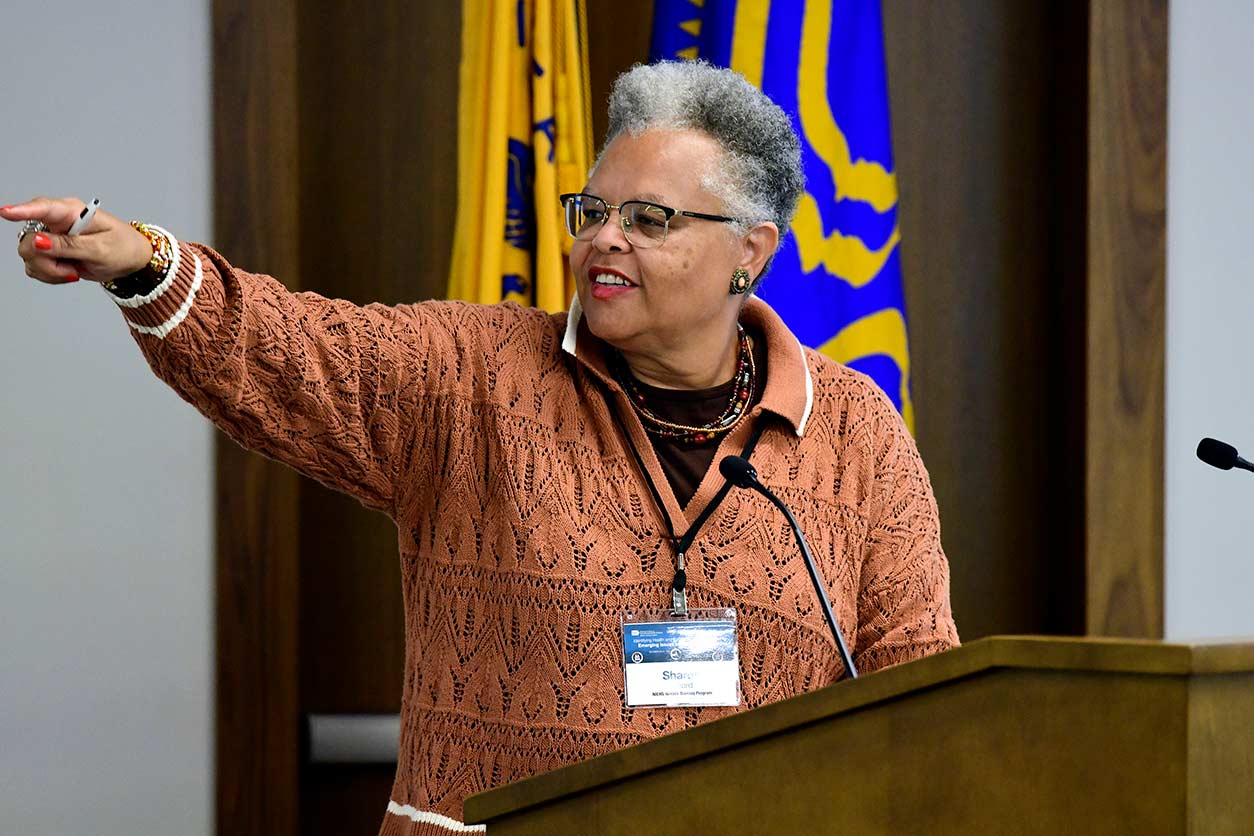
While the WTP award recipients brought many problems to light, they also offered solutions and best practices. The meeting’s emphasis on strategic partnerships — like the ones WTP forges with award recipients, and that recipients form with each other — stimulated conversation and possibly even closer collaborations between award recipients going forward.
“Ask yourself, ‘What is something I want to spend time on within this group?’” WTP Director Sharon Beard told the participants. “The expertise in this room is vast. Look to where you can build those alliances.”
(Lee Cannon is a senior communications specialist for MDB, Inc., a contractor for the NIEHS Division of Extramural Research and Training.)





